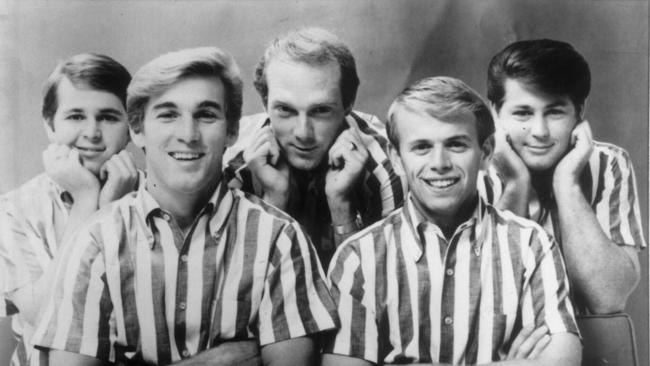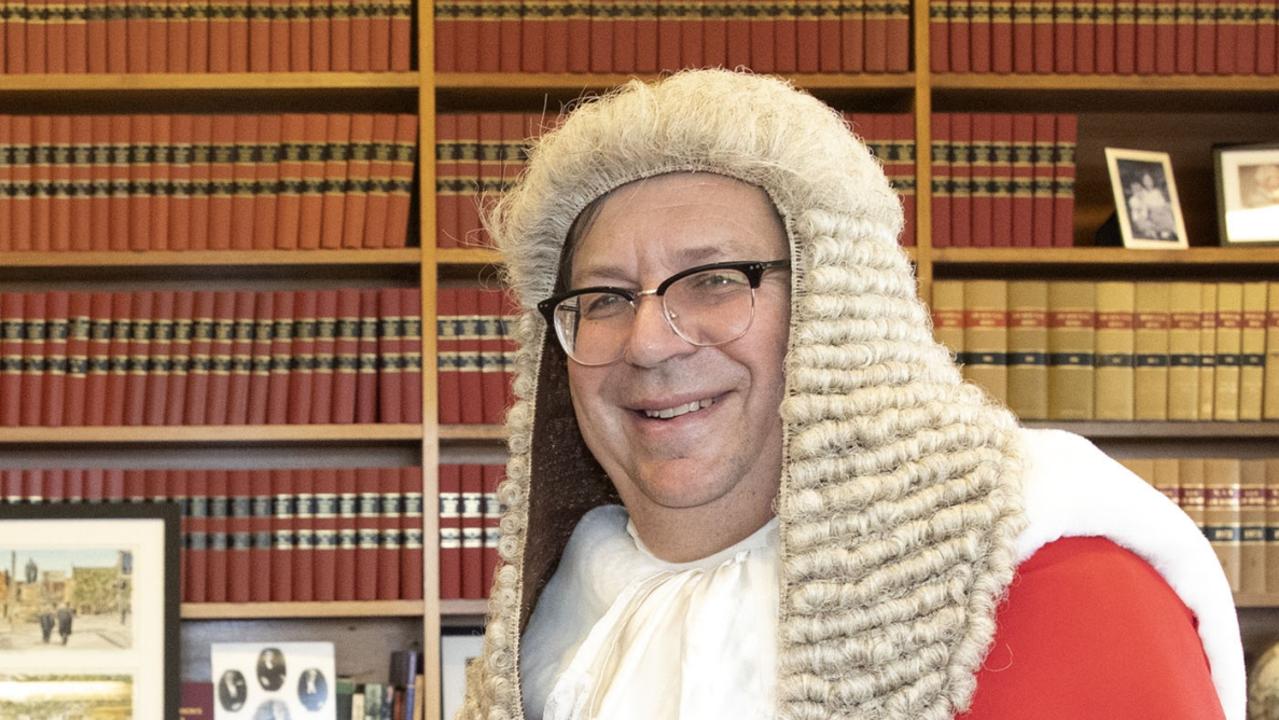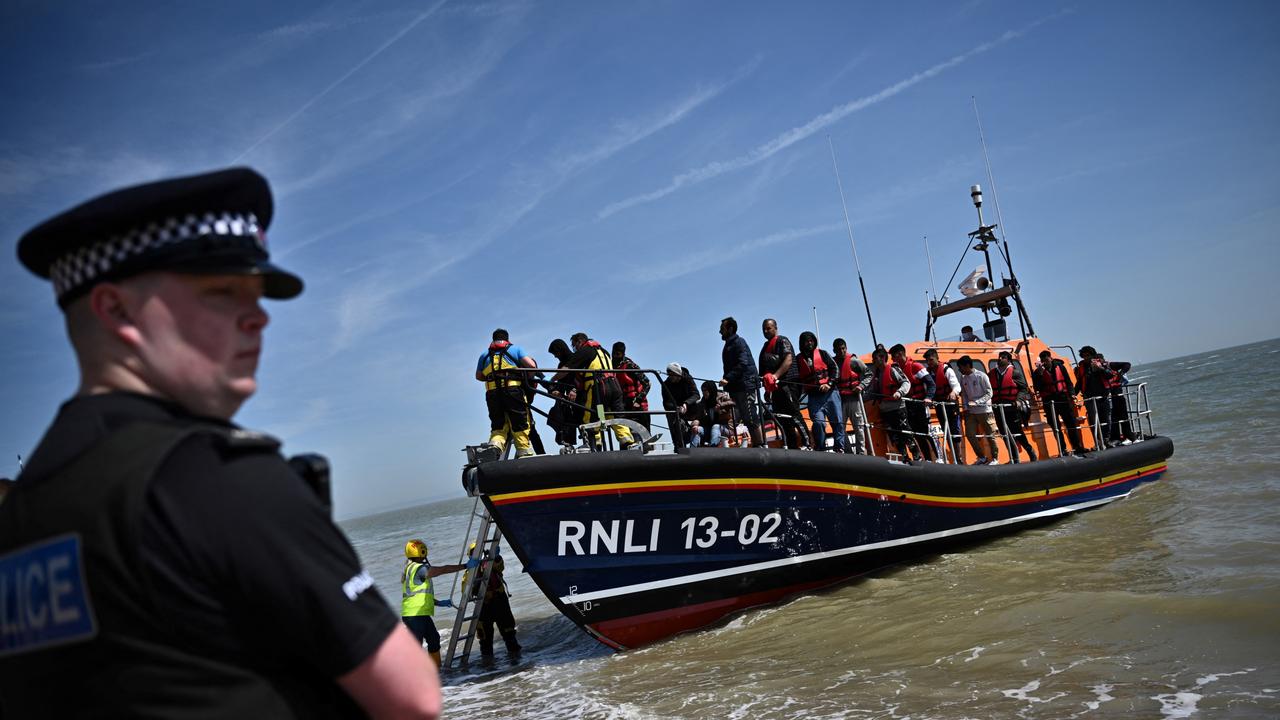Charles Manson persuaded the Beach Boys to record his songs
Beach Boys drummer Dennis Wilson met Charles Manson’s ‘family’ by accident, and the encounter led to murder and mayhem.

Charles Manson’s deadly connection with the Beach Boys is one of the strangest stories in rock and roll.
Like so many wealthy but uneducated rock stars of the 1960s, Beach Boys drummer Dennis Wilson was looking for meaning to his life and thought he had found it when Beatle George Harrison introduced him to his Indian transcendental meditation guru, Maharishi Mahesh Yogi.
Fellow Beach Boy Mike Love joined the Beatles at the Maharishi’s ashram in February 1968. Weeks later the Beach Boys invited the Maharishi to join them on a strange tour across the US where, between sets, the Indian would give lectures on meditation techniques.
About that time, Wilson, living in Los Angeles, picked up two young women hitchhiking in Malibu. They were part of Manson’s so-called family. One of them was Patricia Krenwinkel who the following year would be an enthusiastic participant in the Manson murders.
That day Wilson dropped the women he assumed to be hippies off down the road. A week later he saw them again and picked them up in his Ferrari. They told him about their spiritual leader; he told them about his. This time he took them to his Sunset Boulevard home. They ended up staying and when Wilson returned from a recording session a few days later, Manson was in the driveway. His family had taken over the house.
Wilson was mesmerised by the oddball stranger and allowed him and his friends to stay, but the friendship became strained when the guests wrecked his house, stole clothes and crashed his cars, including the Ferrari.
By then Manson had convinced Wilson he was a songwriter and Wilson had taken two of the songs they had worked on in his home studio to the band. They recorded one, originally called Cease to Exist, as Never Learn Not to Love. It is credited to Wilson, who always acknowledged it was Manson’s and it was the B-side to the band’s December 1968 single, Bluebirds Over The Mountain.
It starts:
Cease to resist, come on say you love me
Give up your world, come on and be with me
I’m your kind, I’m your kind, and I see.
In an effort to secure Manson a career in music, Wilson introduced him to record producer Terry Melcher, Doris Day’s son. Manson met Melcher at the house Melcher leased – 10050 Cielo Drive, Benedict Canyon – but Melcher witnessed Manson attack a friend and sent him away.
Wilson and the increasingly violent Manson fell out and Wilson fled his own home when Manson gave him a bullet with a threatening message.
Manson by then was obsessed with what he believed to be an approaching race war. He believed songs the Beatles wrote in India – Helter Skelter, Piggies and Revolution No.9 (which he thought was a reference to the biblical apocalypse in Revelation 9) – forecast this war.
Manson planned to spark this conflict and on August 8, 1969 sent his disciples to 10050 Cielo Drive to kill whoever was there, not knowing Melcher had moved out.
Actor Sharon Tate and her husband, Roman Polanski, had moved in. Polanksi was in Europe, but Tate had a group of friends around. Legendary music producer Quincy Jones – who made Michael Jackson’s Thriller, the biggest-selling record of all time – had been invited but couldn’t make it.
The killers wrote the word “pig” in Tate’s blood on the front door. (Trent Reznor of American band Nine Inch Nails once lived at the house and took that door for his New Orleans recording studio in 1993).
The following night the gang killed Leno and Rosemary LaBianca nearby, carving the word “war” into Leno’s body and then “death to pigs” on the walls and a misspelt “healter skelter” in blood on the refrigerator.
Five days later the Woodstock music festival began in upstate New York, but the hippie era of peace and love was already over.



